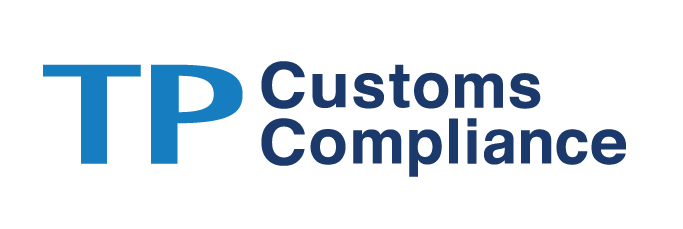This August, the General Directorate of Commercial Facilitation and Foreign Trade of the Ministry of Economy in Mexico launched a call to participate in the “Compliant Company in Foreign Trade Pilot” (ECCE) to generate a certified model of Best Practices in terms of regulatory compliance of Foreign Trade.
This Pilot seeks to become a program comparable to international models implemented in other countries and meets the commitments made by Mexico to the World Trade Organization for the implementation of administrative facilities or benefits for import and export operations to reduce foreign trade costs and be more competitive.
For a company to be considered in the pilot, it must prove, among other things, compliance with tax, labor, and foreign trade obligations, have qualified personnel for compliance administration, and must have a risk management program in place.
The Ministry of Economy expected to receive a large number of registration applications before September 30, 2022; by then, select 50 companies that participate in it, ensuring that these are from different sectors and sizes; however, the reality is that there are very few companies willing to participate in compliance programs, and due to this lack of interest, the Ministry of Economy found it necessary to extend the deadline for registration until October 31st.
The lack of interest of the companies could be derived from two main reasons, the first of which could be that the companies do not have a sufficiently structured regulatory compliance program, and the second could be that the Ministry has not published the benefits or facilities that will be granted to the participants of the Pilot.
The reality is that although many companies comply with their tax and foreign trade obligations every day, only a few companies have a robust regulatory compliance program, and, therefore, not all companies would be in a position to participate in a Pilot in which they must demonstrate, not only the commitment to regulatory compliance but also the implementation of an effective compliance management system.
What is worrying is that, far from achieving this ideal of a compliant company, even today, we can see that many companies in Mexico still perceive compliance as an administrative burden and not as an opportunity that can boost business competitiveness and avoid penalties of the significant impact that can put business continuity at risk.
The recommendation for companies is to carry out a self-assessment exercise to identify whether or not they have what is necessary to guarantee permanent compliance with their tax and foreign trade obligations and, where appropriate, seek the support required to carry out reviews or audits of its processes to be able to identify errors or omissions and correct them in time.
Leobardo Tenorio-Malof | ltenorio@tplegal.net
César Benítez | cbenitez@tplegal.net
Alejandro Márquez | amarquez@tplegal.net
Abril Guzmán | aguzman@tplegal.net



